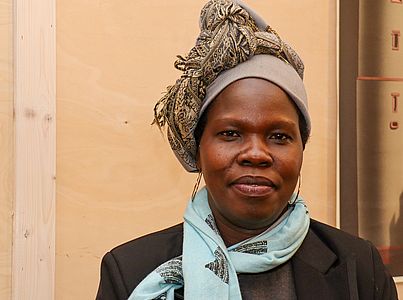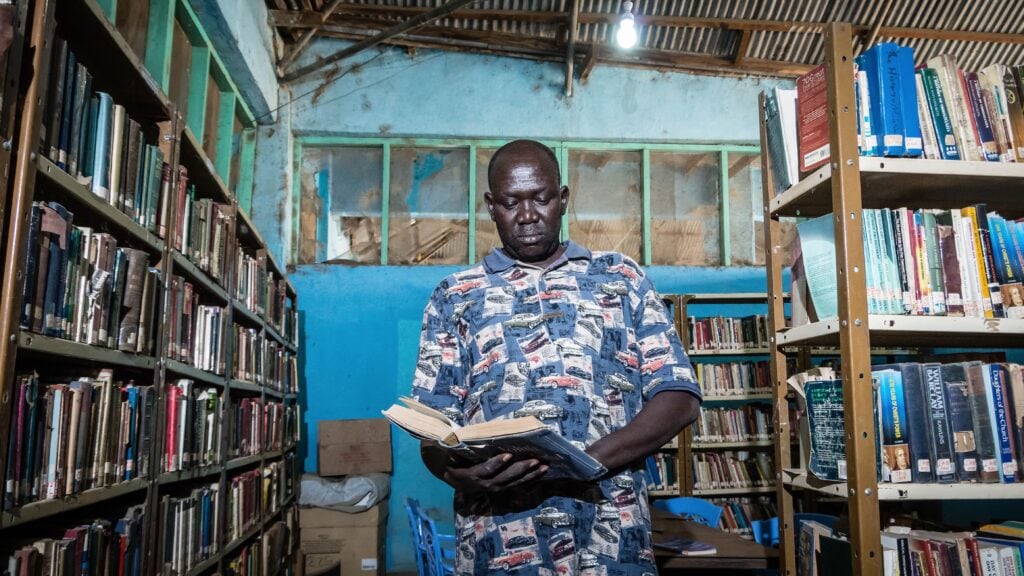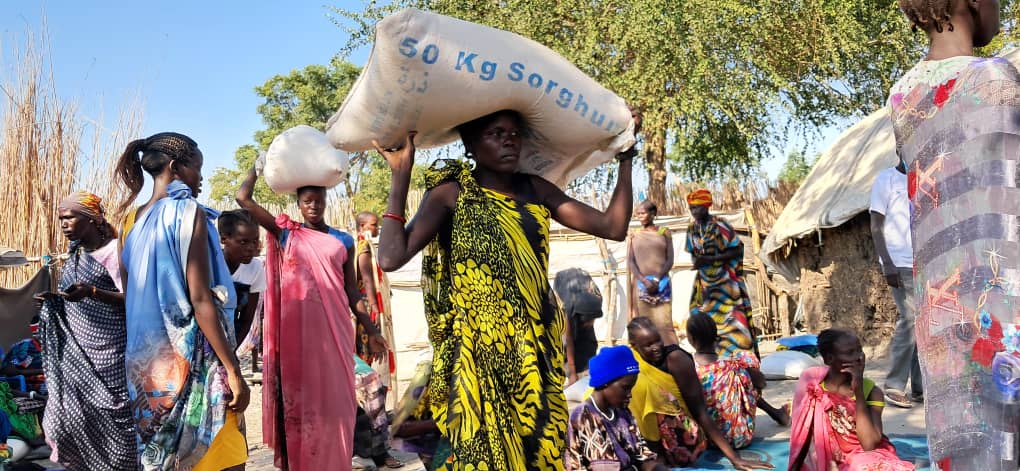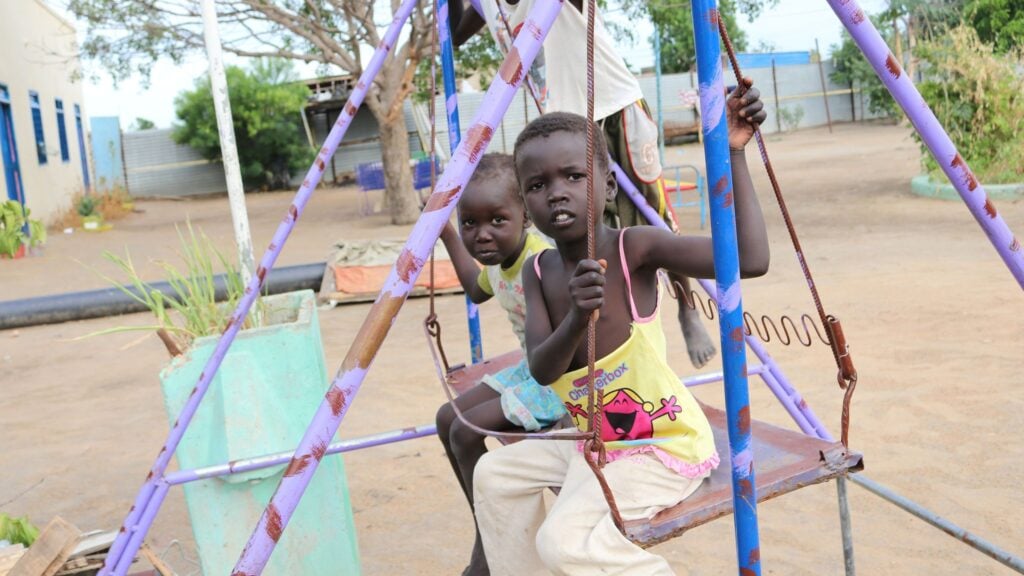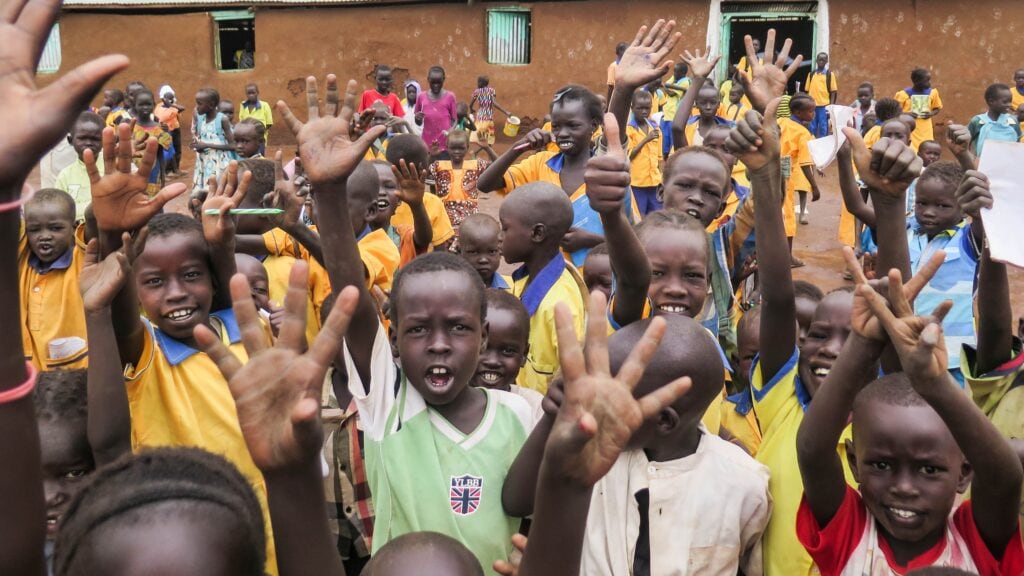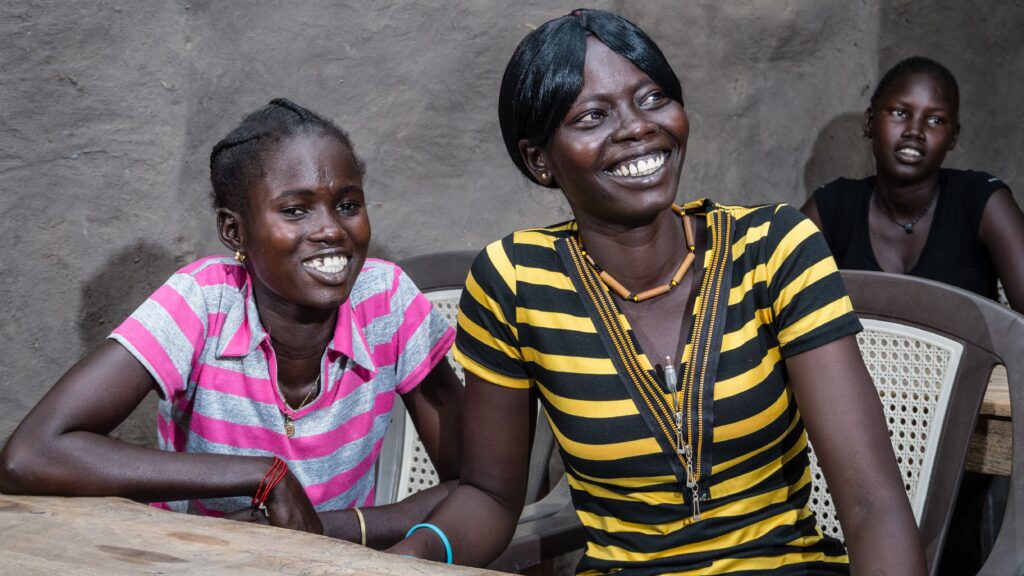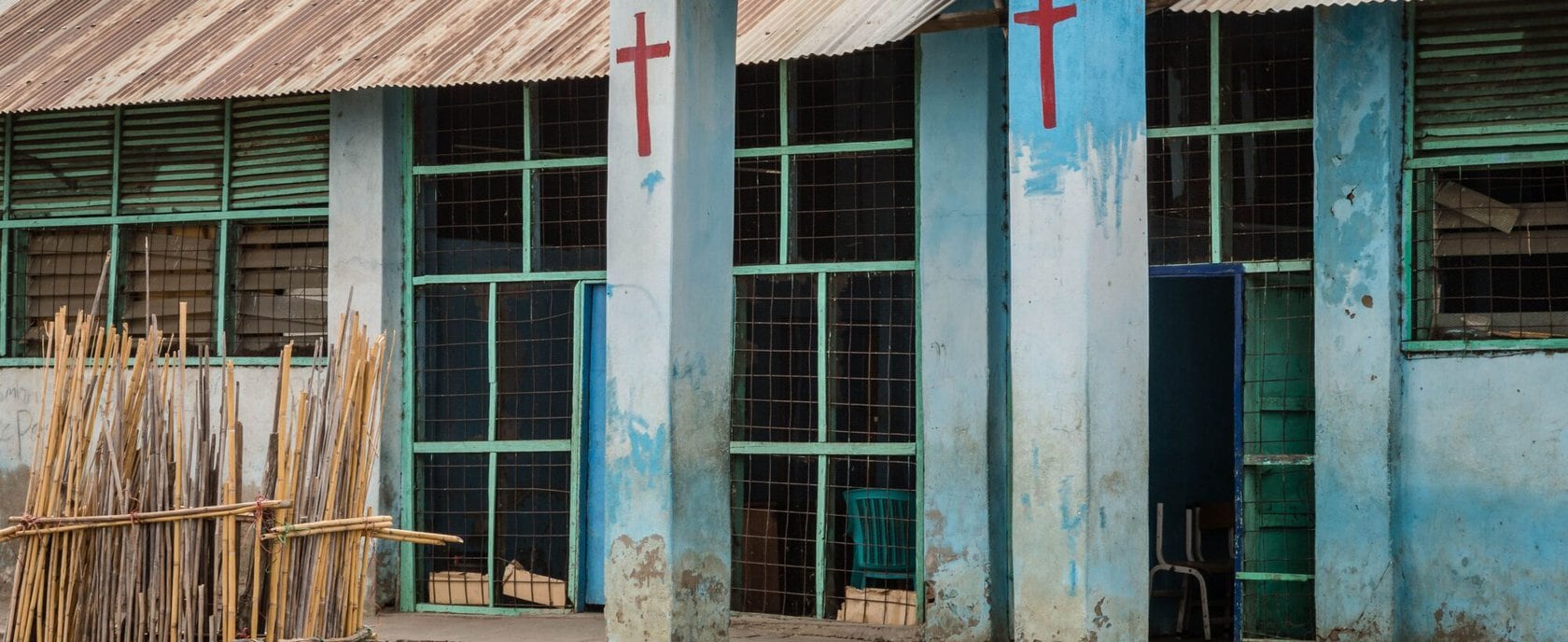
PCOSS, Presbyterian Church of South Sudan
The Presbyterian Church of South Sudan (PCOSS: Presbyterian Church of South Sudan) traces its origins to mission work begun by US Presbyterians in Sudan in 1902. Since 1974, there have been partnership relations between the Basel Mission and later Mission 21 and the PCOSS, which were never interrupted even during the newly flared-up civil war. Since the partition of the country in July 2011, the church has focused its work on South Sudan. In 2013, the country was hit by severe conflict, which came to a head again in 2016.
Under the impression of massive destruction and displacement, the Presbyterian Church of South Sudan (PCOSS) has moved its activities to where people are currently staying: especially to the refugee camps in the border regions with Ethiopia (Nasir) and northern Kenya (Kakuma), but also in the capital Juba. The focus of the work is currently on trauma and reconciliation work. After decades of civil war, people want nothing more than to finally be able to live together in peace and reconciliation and to rebuild their young country together. Since the South Sudanese government is weak and has hardly any financial resources to promote peace at all levels, the church is and remains an important peacemaker. In addition to trauma and reconciliation work, PCOSS and Mission 21 cooperate in women's and youth work, capacity building and development, theological training and educational outreach.
PCOSS promotes the building of non-violent and just relationships across ethnic and religious lines. It advocates for the continuation of dialogue between the parties, trains pastors as peace ambassadors, and develops visions of peace together with the population.
